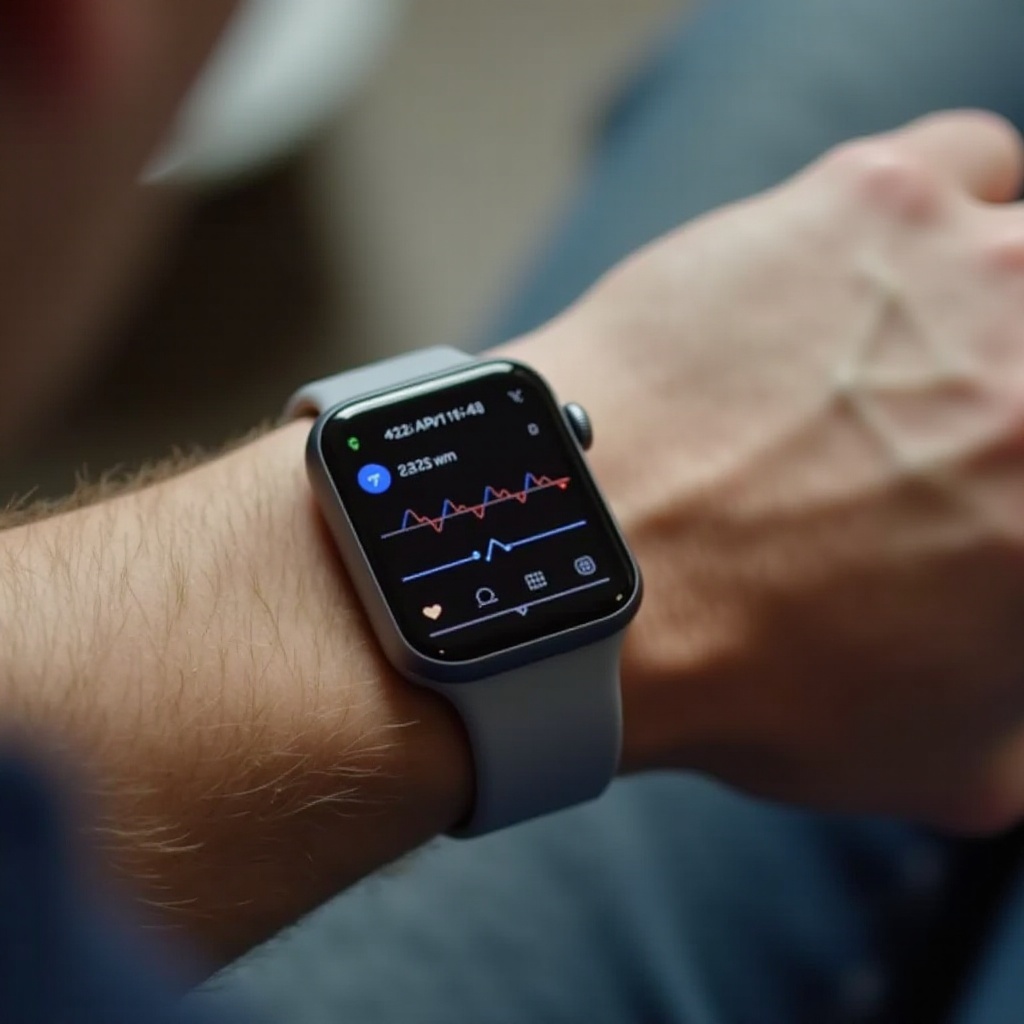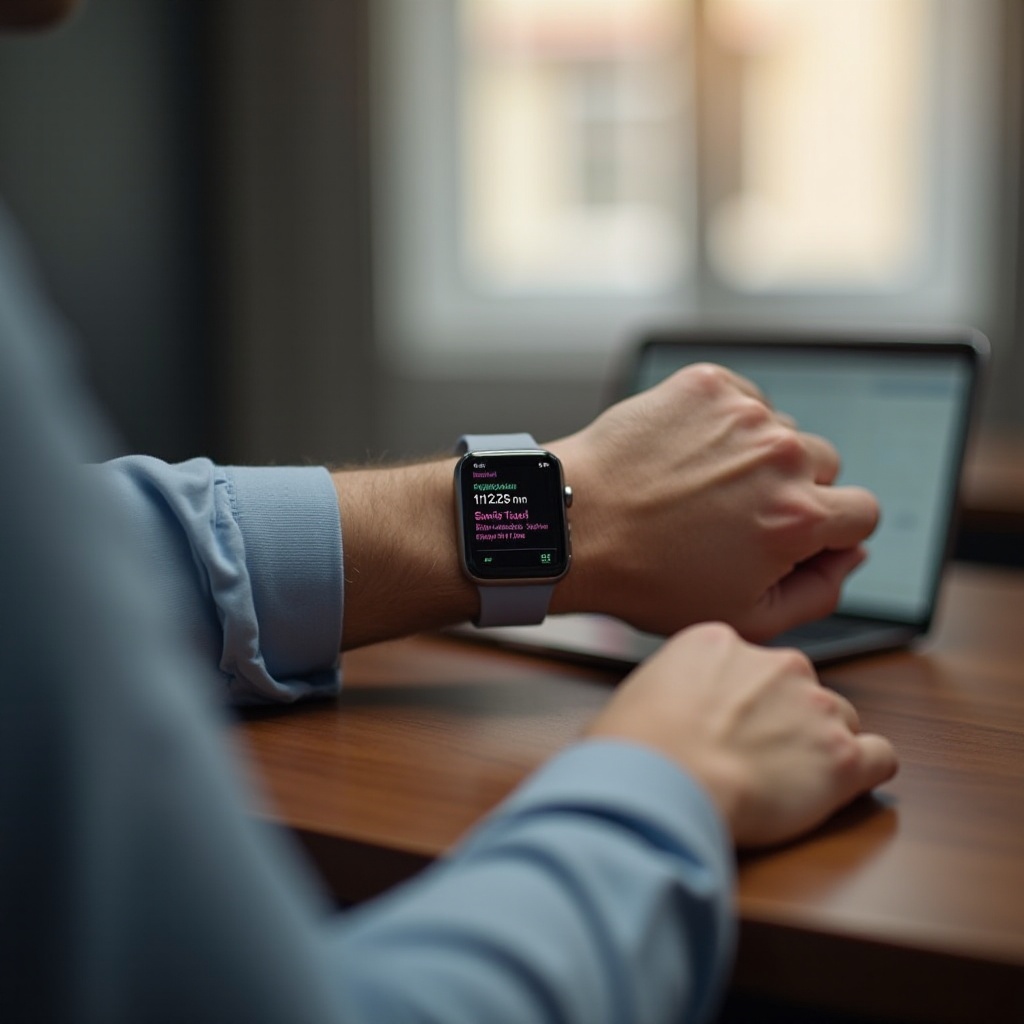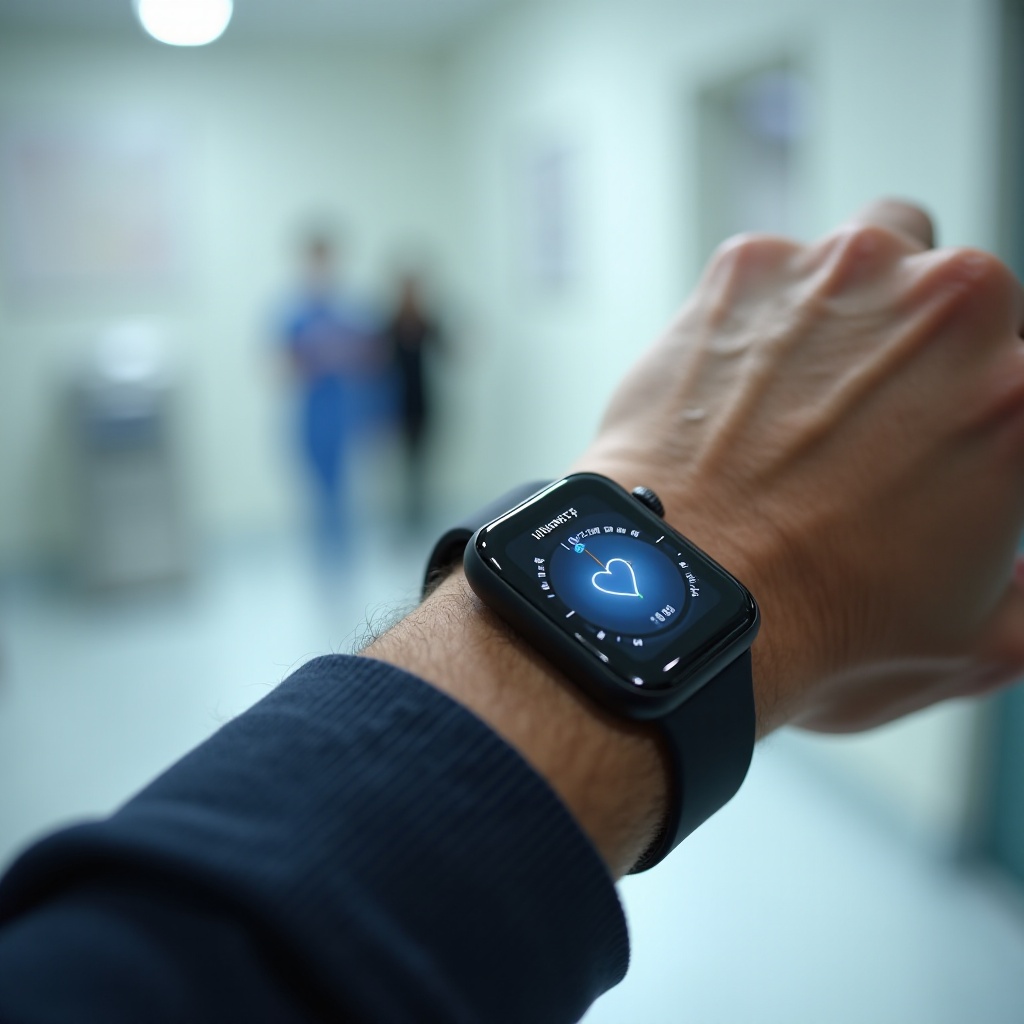Can a Smart Watch Detect AFib?
Introduction
Smart watches have evolved from basic fitness trackers into sophisticated health monitoring devices. One standout feature is their potential to detect atrial fibrillation (AFib). This article explores the capability of smart watches in detecting AFib, examines the underlying technology, assesses their clinical effectiveness, and envisions the future of heart health monitoring through these innovative devices.

Understanding Atrial Fibrillation (AFib)
Atrial fibrillation (AFib) is a serious condition requiring immediate attention and understanding.
What is AFib?
AFib is an irregular and often rapid heart rate that can increase the risk of strokes, heart failure, and other heart-related complications. It occurs when the upper chambers of the heart experience chaotic electrical signals, causing an irregular heartbeat.
Symptoms and Risks of AFib
Common symptoms of AFib include palpitations, shortness of breath, weakness, and chest pain. While some individuals may experience minimal or no symptoms, AFib significantly increases the risk of stroke and heart disease.
Why Early Detection is Crucial
Early detection of AFib is crucial for managing risks and potential complications. Treatment options range from lifestyle changes and medication to surgical interventions. Smart watches that detect AFib can provide early warnings, enabling timely medical interventions and potentially reducing severe complications.

Smart Watches and Heart Monitoring Technology
Smart watches today come equipped with advanced heart monitoring technologies. Understanding how these features work and comparing different brands can help users make informed choices.
How Do Smart Watches Monitor Heart Rate?
Smart watches primarily use photoplethysmography (PPG) sensors to monitor heart rate. These sensors emit green light, which is absorbed by blood vessels and reflected back. The watch calculates the heart rate based on the light absorption and reflection patterns.
The Technology Behind AFib Detection
Many smart watches combine electrocardiogram (ECG) sensors with PPG sensors. ECG records the heart’s electrical signals, while PPG measures pulse waves. The combination allows smart watches to detect irregular heart rhythms indicative of AFib. Users receive alerts upon detecting irregularities, prompting them to seek medical advice.
Comparing Different Brands
- Apple Watch: Offers ECG and irregular rhythm notifications and is FDA-cleared for detecting AFib.
- Fitbit: The Fitbit Sense includes an ECG app and irregular heart rhythm detection, also FDA-cleared.
- Samsung Galaxy Watch: Incorporates heart monitoring features, though ECG functionality depends on regional regulatory approvals.
- Garmin: While primarily focusing on athletic performance, Garmin is expanding into comprehensive health monitoring.

Clinical Effectiveness and Studies
Evaluating the clinical effectiveness of smart watches in detecting AFib is critical for understanding their reliability.
Case Studies of AFib Detection
Numerous case studies highlight successful AFib detection by smart watches. For instance, the Apple Watch has detected AFib in users unaware of their condition, prompting timely medical interventions that likely averted strokes.
Clinical Trials and Findings
Clinical trials have validated the effectiveness of smart watches in detecting AFib. The Apple Heart Study concluded that the AFib detection algorithm has high sensitivity and positive predictive value, although occasional false positives can occur.
Success Stories from Users
Users worldwide have shared success stories where smart watches detected AFib, leading to early medical intervention. These personal accounts highlight the life-saving potential of wearable technology.
Regulating and Medical Perspectives
Alignment between technology and healthcare standards is necessary for the reliable and safe use of smart watches in health monitoring.
FDA Approvals and Guidelines
The FDA has cleared several smart watches for AFib detection, including those from Apple and Fitbit, based on rigorous testing and clinical trials to ensure accuracy and reliability.
Collaboration Between Tech and Healthcare Providers
Tech companies collaborate with healthcare providers to meet medical standards. This ensures that wearable technology is accurately and reliably integrated into the healthcare system.
The Role of AI in AFib Detection
Artificial intelligence (AI) plays a critical role in analyzing heart rate data to detect abnormalities. AI algorithms can quickly sift through large data sets, identifying patterns that could indicate AFib.
Practical Tips for Users
Setting Up Your Smart Watch for Heart Monitoring
- Follow the manufacturer’s instructions to set up heart monitoring features.
- Ensure the sensors are clean and the watch fits snugly on your wrist.
Key Signs to Watch For
Be alert for indicators like prolonged irregular heart rates or notifications about irregular rhythms.
When to Seek Medical Advice
If your smart watch alerts you to possible AFib, consult your healthcare provider to discuss the findings and conduct further tests.
Future of Smart Watch Health Monitoring
The future of health monitoring through smart watches promises continuous advancements and innovations.
Upcoming Features and Innovations
Future enhancements may include continuous glucose monitoring, sleep apnea detection, and more sophisticated ECG capabilities.
Advanced Heart Health Monitoring
Advanced sensors and AI will provide deeper insights into heart health, potentially predicting issues before symptoms appear.
Implications for Wearable Technology in Medicine
Integrating smart watches into medical practice could revolutionize preventative care and chronic disease management, making health monitoring more accessible and real-time.
Conclusion
Smart watches have demonstrated substantial potential in detecting AFib, offering timely notifications and early interventions. As technology progresses, these devices may become even more essential in personal healthcare, potentially saving countless lives.
Frequently Asked Questions
How accurate are smart watches in detecting AFib?
Smart watches, especially those with FDA clearance, have shown high accuracy in detecting AFib, although occasional false positives can occur.
Can smart watches replace regular medical check-ups?
No, smart watches should complement, not replace, regular medical check-ups. They can provide early warnings and additional data for healthcare providers.
What should I do if my smart watch detects AFib?
If your smart watch alerts you to possible AFib, consult your healthcare provider for further evaluation and necessary medical intervention.
